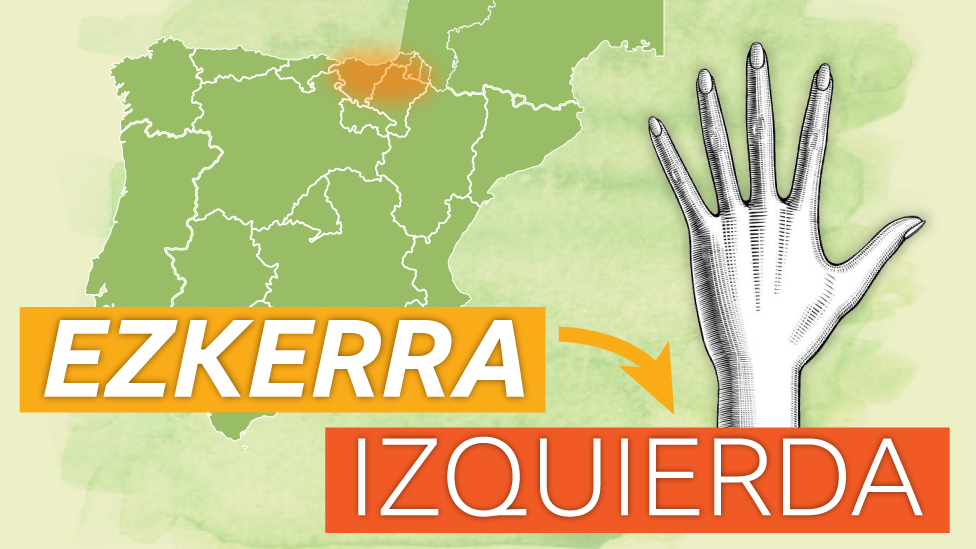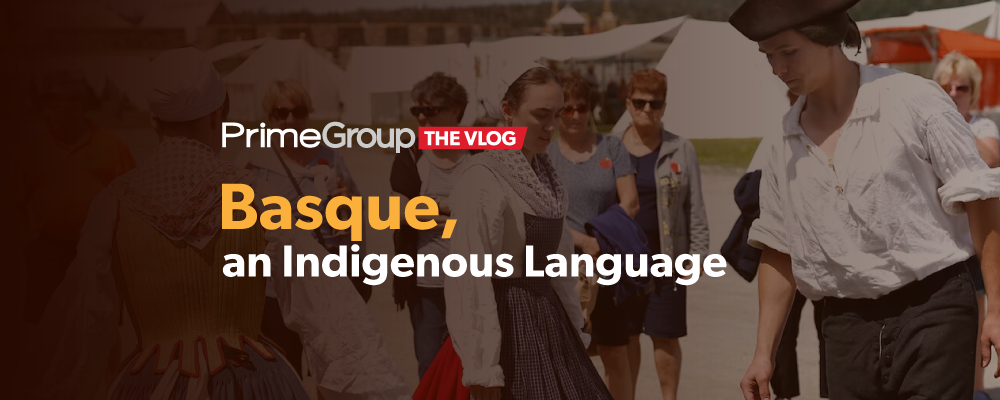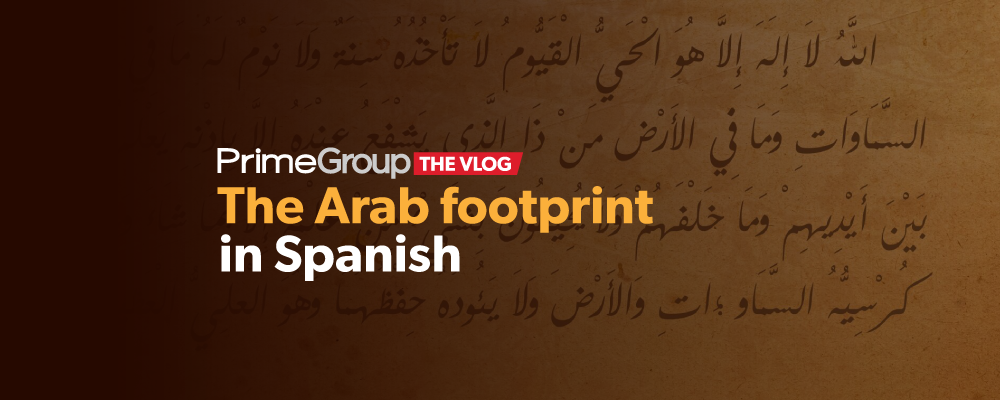Let’s dive into one of the coolest puzzles in European languages – the Basque language, or Euskera. Stick around, because we’re about to go on an adventure into the past!
Way down in the southwest corner of Europe, surrounded by mountains and the sea, people still speak an ancient and mysterious language: Basque. It’s like a secret club, with no ties to any other language we know. Imagine that: a language all by itself! Once upon a time, Basque was the main lingo across a lot of Spain, long before the Romans came marching in. In fact, loads of places in northern Spain started out with Basque names. The Basque people were even big players in the rise of a place called Castile. And guess what?
The Spanish language came from right around there, and it picked up a few Basque tricks along the way. The purest Basque stuck around in places like eastern Gipuzkoa, southwestern France, and northern Navarra. It was mainly a countryside thing until the 20th century. But Basque speakers didn’t just stay put; since the Middle Ages they mixed with other folks across Spain and played a huge part in the adventure of the Americas.
You’ll find Basque fingerprints especially in surnames. Take “Garcia”, coming from “Gatzea” which means young. Or “Madariaga”, from “madari” for pear, and “Izaguirre” which means windy place. These Basque names often describe places and are beautifully simple and rustic. There are about 35,000 Basque surnames, by the way.
Today, around 800,000 people speak Basque, and it’s full of different dialects. From the robust Bizkaiera to the smooth sounds of Gipuzkoa, each one tells its own story of the land. To keep the language going strong, there’s now a standard version called ‘Euskera Batua’, made to help people learn and use Basque in schools and the media.
Basque has traded words with Spanish and French over the centuries. Here are some cool examples:
I’m sure you know some basic Spanish words like “Izquierda” which means Left. Well this most very word comes from the Basque “ezker”, meaning ‘left side’.

“Silueta” or Shape comes from the Basque surname “Zulueta” and got famous in the 18th century thanks to a frugal French finance minister named Étienne de Silhouette—his name became a byword for anything done on the cheap, like simple shadow profiles instead of detailed paintings.
So, imagine there’s this really cool, ancient language called Basque, or ‘Euskera’ in its own tongue. It’s like a linguistic superhero, surviving for centuries in a world where languages come and go like fashion trends. The thing is, even superheroes face challenges, and for Basque, it’s the big, overwhelming wave of globalization that’s kind of like a villain in this story, threatening to wash away its unique charm.
Now, picture the Basque Country, split between Spain and France. In Spain, they’re giving Basque a power-up! It’s getting boosted in schools and media, thanks to public funding and a part of the population who really care about its preservation. Over in French Basque Country, it’s more of a countryside thing, not getting the same spotlight as in Spain.
But here’s the cool part: Basque is not just a language; it’s like a symbol of identity and cultural defiance, standing tall in the face of battles for autonomy and the preservation of a one-of-a-kind heritage.
Now, let’s talk about Basque’s resilience. This language has been leaping over obstacles for centuries. It’s adapted to the modern world while keeping its soul intact. And guess what? It’s experiencing a rebirth! In Spanish Basque Country, despite some political noise, they’ve figured out that being bilingual is the name of the game. They’re making sure Basque and Spanish coexist peacefully, like a dynamic duo, avoiding any language battles.


